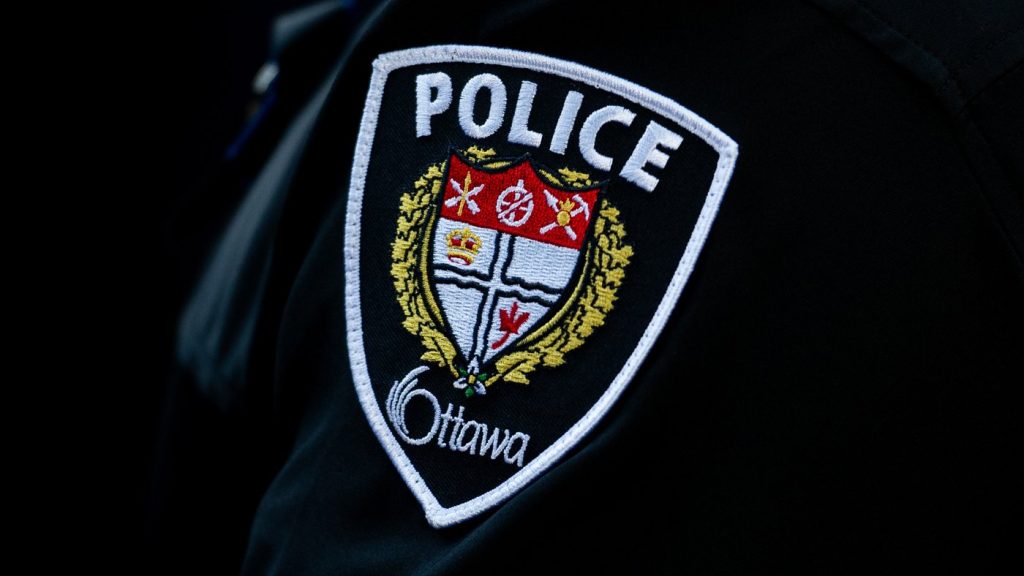Bridgehead issues apology for how it originally handled death of Abdirahman Abdi
Posted Jun 21, 2020 05:07:00 PM.
This article is more than 5 years old.
Bridgehead coffee has issued a public statement, apologizing for how it originally handled and responded to the death of Abirahman Abdi.
The lengthy apology was posted to the Ottawa company’s Instagram page Thursday in five parts.
“As our internal conversation around systemic racism and the change that is required to be a positive part of this movement within out own community continue, we recognize we can never fully become an ally without address what took place (four) years ago to Mr. Abdirahman Abdi,” the statement said. “A regular customer of ours who was killed by the police. A man, who (four) years later has still not received justice.”
The statement continued, “We should have been an ally then and we weren’t. We are sorry. When we did speak, we spoke on the impact his death had on our staff and customers, and not on the greater issue of Mr. Abdi’s death. We are truly story.”
In July 2016, 37-year-old Abdi entered a Bridgehead shop at Wellington Street West and Fairmont Avenue. Abdi allegedly assaulted several women inside and outside of the shop before fleeing the area towards his apartment.
Abdi died during a confrontation with police, who were called to the Hintonburg Bridgehead, following a foot chase.
Ottawa Police Constable Daniel Montsion was charged with manslaughter, aggravated assault ad assault with a weapon in the death of Abdi.
Montsion pleaded not guilty to all three charges.
Montsion's trial is ongoing.
A march was held for Abdi Saturday in downtown Ottawa, organized by the group Justice for Abdirahman.
The march started at the Elgin Street Ottawa Police station at 3 p.m. and ended at city hall.
Chair for the Ottawa-based group Justice for Abdirahman Farhia Ahmed says she wasn’t expecting an apology from the company and was surprised and shocked when she saw it on social media.
“We understand the climate that we’re in and people are feeling moved and are hopefully having an honest realization about the circumstances or environments in which black people find themselves in,” she said. “I guess this was they way to saying this was how they were feeling.”
The one question Ahmed and the rest of the group had however, was why did it take four years to issue such an apology. At the end of the day, Ahmed says they can only hope it was a sincere apology and means to move forward.
But the apology is a good start, she says.
“An apology is a very important first step,” Ahmeh said. “And we absolutely do not believe this is enough or nor will it take away the pain and suffering that it caused so many of us over the last four years. But the key thing will be to see how they put these words into action — so we will absolutely be watching for and expecting action.”
Next, Ahmed says, the group will be looking forward to the conclusion of Montsion’s trial, which is expect to wrap up in the late summer or fall.
“It is very important for us to see this come to a conclusion,” Ahmed said. “We are hopeful for a just outcome.”








